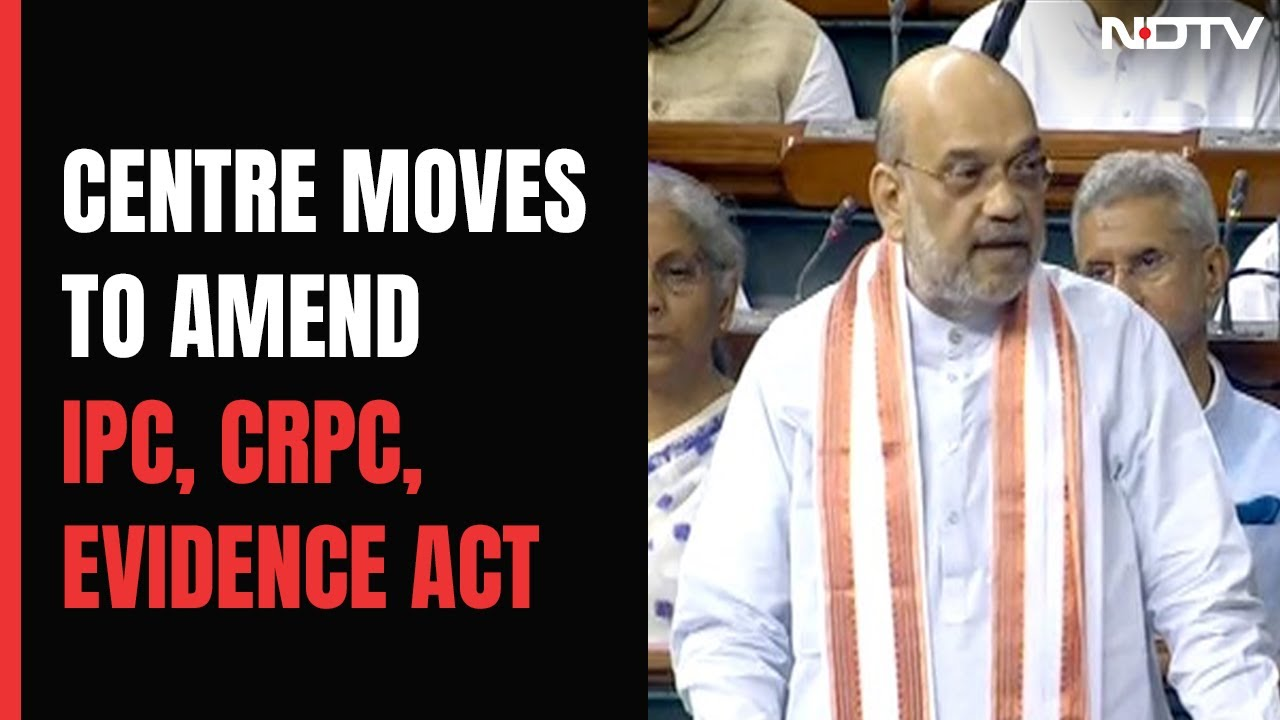Free Courses Sale ends Soon, Get It Now


Free Courses Sale ends Soon, Get It Now



Copyright infringement not intended
Picture Courtesy: NDTV
Context: The Union Home Minister presented three Bills in the Lok Sabha to abolish the Indian Penal Code, the Indian Evidence Act and the Code of Criminal Procedure, which were enacted during British rule. The Bharatiya Nyaya Sanhita Bill, 2023, proposes the death penalty as the highest punishment for mob lynching and recommends ten years of jail for having sex with women by deceiving them about marriage.
Details
Objectives of the bills
Highlights of the Bill
Expected Outcome
Challenges
Way forward
Conclusion
Must Read Articles:
OVERCOMING POLICING CHALLENGES: https://www.iasgyan.in/ias-gazette-magazine/perspective-overcoming-policing-challenges
Criminal Justice System in India: https://www.iasgyan.in/daily-current-affairs/criminal-justice-system-in-india#:~:text=Steps%20taken%20by%20government%20to,the%20Indian%20criminal%20justice%20system.
PRISON REFORMS: https://www.iasgyan.in/daily-current-affairs/prison-reforms
|
PRACTICE QUESTION Q. Why is there a growing call for reforming the criminal justice system in India? What is the significance of such reforms, what major challenges impede their implementation, and what strategies can be envisioned to lead the way forward towards a more just and effective system? |
https://epaper.thehindu.com/ccidist-ws/th/th_delhi/issues/47412/OPS/GPDBJTTUO.1+GQCBJVJF5.1.html
© 2024 iasgyan. All right reserved